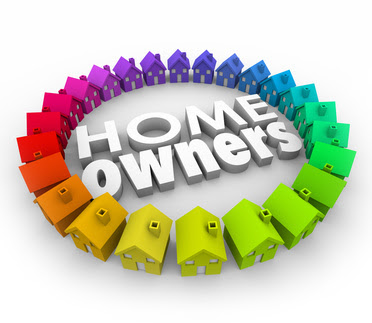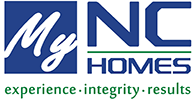 If you are planning to purchase a new home, you will need to find out if the house is in a homeowner association. As a buyer, you will have to sign documents agreeing to be a member of the association and to abide by the association’s rules. Condominiums and townhomes have additional considerations which are addressed here.
If you are planning to purchase a new home, you will need to find out if the house is in a homeowner association. As a buyer, you will have to sign documents agreeing to be a member of the association and to abide by the association’s rules. Condominiums and townhomes have additional considerations which are addressed here.
What Is A Homeowners Association?
A homeowner association (HOA) is a group of homeowners who incorporate and form a mandatory membership organization. The purpose of the organization is to maintain common areas and to set forth rules and regulations regarding the use and appearance of the homes in the association. The association can consist of as few as two homes to as many as thousands. Most are established when new housing communities are created by developers. Want to learn more? Check out this other blog post that has everything you need to know about homeowners associations.
Annual fees paid by each homeowner are used to maintain the property and make any needed or desired improvements. Usually the fees include a savings element to pay for repair or replacement of major items such as swimming pools, exterior fences, roads, community buildings, etc. However, if a major repair is needed, and the necessary funds have not been accumulated, residents will assessed for the needed funds. The assessments and regular annual fees are required to be paid by the homeowners.
Some HOAs actively make lots of improvements and enhancements to their properties. Others are more conservative and frugal with the homeowners’ funds. The bylaws and other legal documents set forth the mechanism for determining what steps are necessary to approve expenditures for improvements.
What Are HOA Bylaws?
Homeowner associations have bylaws which are the guidelines for the operation of the association. The bylaws set forth the methods for electing board members, the duties of the board members and various committee members, the voting rights of the members, and other business operations.
What are CC&Rs?
Covenants, conditions, and restrictions (CC&Rs) are used to regulate the use, appearance, and maintenance of homeowner’s property. For example, residents might not be allowed to hang laundry outside on a line to dry or have a swing set or tool shed in the backyard. Or, they might need approval to change the color of their house paint or to change the front door. Some HOAs have very detailed CC&Rs and other have just a few. The governing documents also set forth whether an HOA may be able to charge fines for violations of certain rules and what those fines may be.
What Are The Advantages Of HOAs?
The primary advantage to an HOA is that the residents live in a community that has a nice, well-maintained appearance. Residents in HOAs usually don’t have garishly painted houses, houses with foot-high lawns of weeds, or rusting cars on the front lawn next door. Another advantage is that HOAs can often afford some amenities that individual homeowners can’t afford, such as pools, tennis courts, ball fields, and parks.
What Are The Disadvantages Of HOAs?
You have to pay the annual HOA fees to maintain the property, and any property assessments. The HOA can put a lien on the property for your failure to pay. And, if you continue to neglect payment, they can foreclose on your property! The HOA would receive its fees and legal expenses after the mortgage company. You would receive the residual amount if there is any.
You also have to pay any fines charged for violation of the CC&Rs, or rules and regulations. Failure to pay these fines can also result in a lien on your property. It is more difficult for the HOA to foreclose on these liens, but it can be done. And you won’t be able to sell your home without paying off the liens.
Another disadvantage can be paying for improvements that you don’t want. If the community votes to approve an improvement that you don’t like, you are stuck with your share of the bill. What should you do?
When you are buying a home in an HOA, learn as much about the HOA as possible. Obtain access to all of the HOA documents and read them carefully. Also obtain a copy of the HOA financial statement to see if it is financially strapped or if it has sufficient funds to meet current and future obligations. Talk to the neighbors. Ask them the pros and cons of their HOA. See if they have any major complaints. Make sure you are comfortable with the HOA before you purchase your new home.
If you are considering buying or selling a home, give us a call at 919-659-5173 or send us a message. My partner Andrew Palumbo and I both have extensive real estate and construction experience.
Posted by Larry Tollen on
Leave A Comment